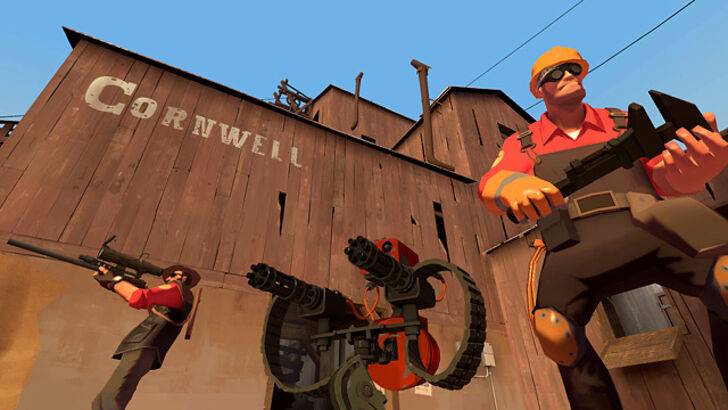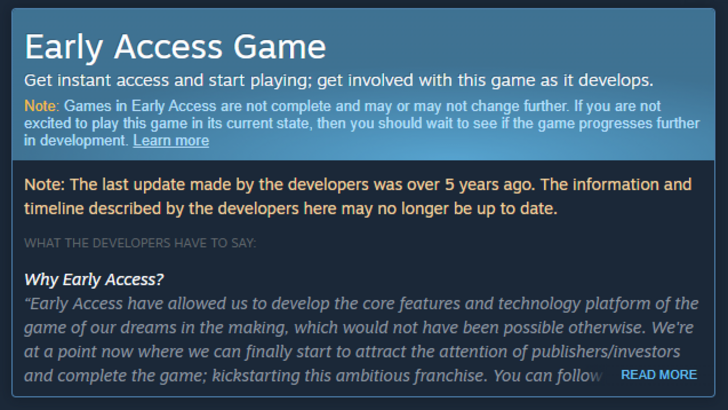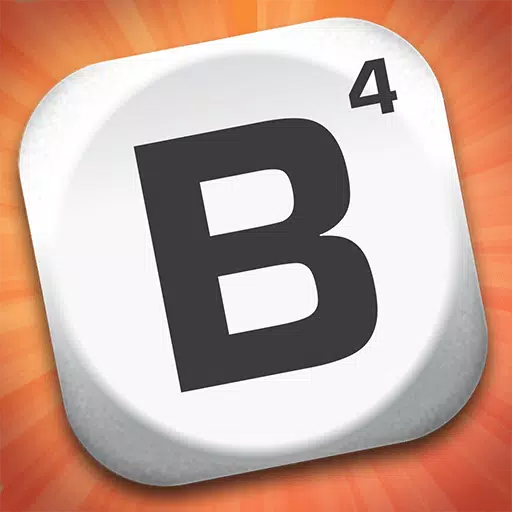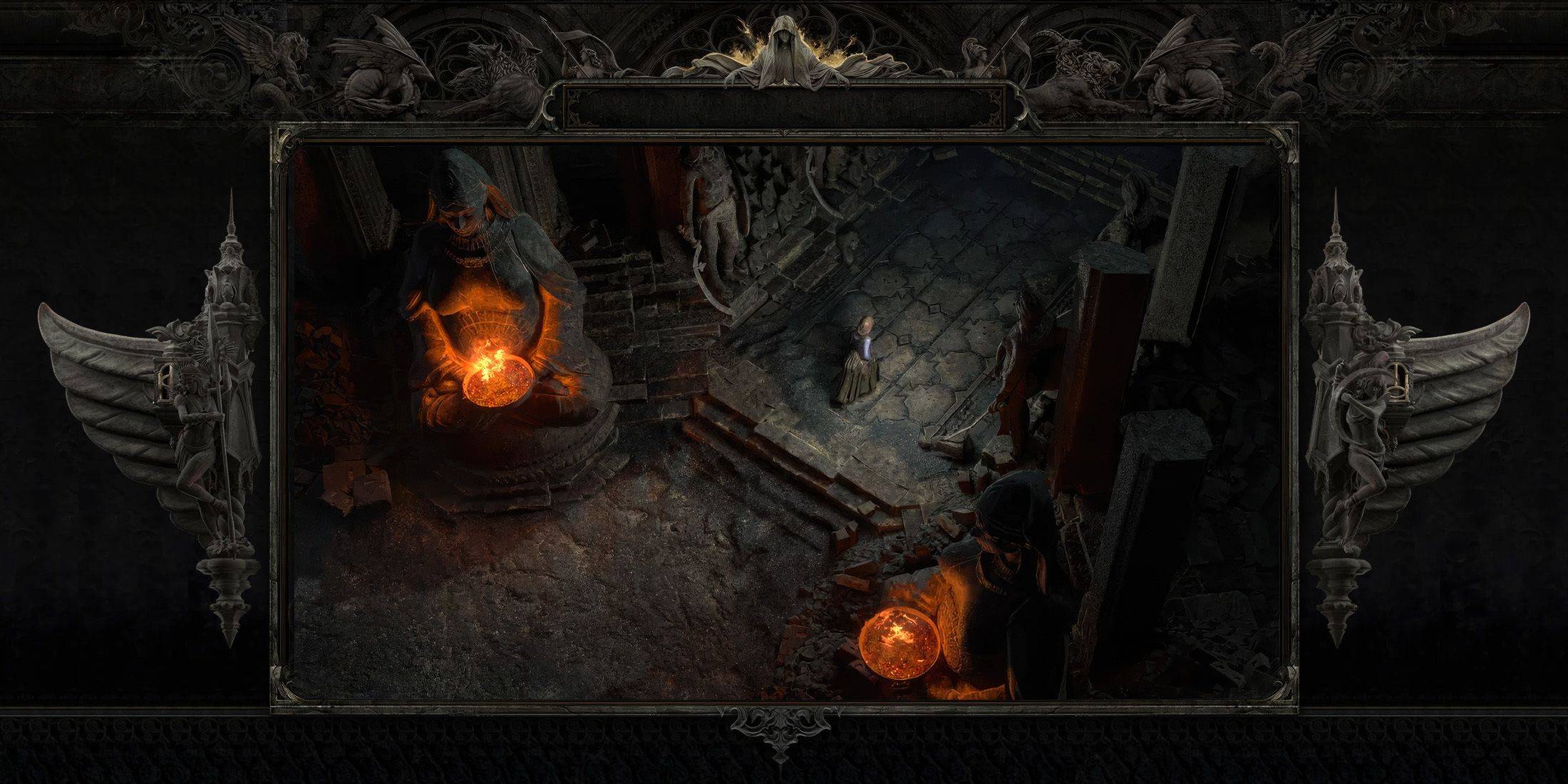
Valve has taken a firm stance against games that force players to watch in-game ads, and they've created a dedicated page to outline their advertising rules. Dive into the details below to understand how this policy impacts both developers and players.
Valve Rolls Out Rules for Games with Forced Advertising
Games are Forced to Remove Ad Elements

Valve has introduced a comprehensive policy page that explicitly bans games requiring players to watch or interact with in-game advertisements to progress or receive rewards. This practice, often seen in mobile games, especially free-to-play titles promoted heavily on social media, involves unskippable ads between levels or ads for additional in-game benefits like energy refills.
Although this policy has been part of Steamworks' terms and conditions for nearly five years, it has now been highlighted with its own dedicated page. This move comes amidst a surge in game releases on the platform, with SteamDB reporting a record 18,942 games launched in 2024 alone.

Given the increasing number of games, Valve has tightened its guidelines. Steam does not feature paid advertisements, and it does not support advertisement-driven business models for games on its site. For games that rely on such models to be listed on Steam, developers must remove these ad elements or convert the game into a "single purchase paid app."
Alternatively, developers can opt for a free-to-play model with optional microtransactions or purchasable downloadable content (DLC). A successful example of this approach is the business management simulator Good Pizza, Great Pizza, which, after porting to Steam, replaced in-game ads with paid DLCs and progression-based unlocks.
Product Placements and Cross Promotions Allowed on Steam
While disruptive ads are prohibited, product placements and cross-promotions, such as bundles and sale events, are permitted as long as the necessary licenses for copyrighted content are in place. For instance, racing games like F1 Manager can showcase real-life sponsor logos, and skateboarding games can feature real-world brands.
This policy aims to enhance the quality of games available on PC and improve user experience by ensuring games on Steam remain free from forced advertisements that could detract from gameplay immersion.
"Abandoned" Early Access Games Now Give Warning

Steam has also introduced a new feature that alerts users to Early Access games that haven't been updated in over a year. These games now display a message on their store pages, indicating the time since the last update and noting that "the information and timeline described here by the developers may no longer be up to date."
With the growing number of Early Access games on Steam, these warnings help customers filter out titles that may have been abandoned. While negative reviews often serve as a warning, this new notice provides immediate visibility at the top of the store page.
The Steam community has reacted positively to this feature on social media and forums, with many users expressing appreciation for Valve's initiative. Some have suggested that games not updated in over five years should be delisted, reflecting a desire for a more curated and active game library on the platform.

 Latest Downloads
Latest Downloads
 Downlaod
Downlaod




 Top News
Top News









